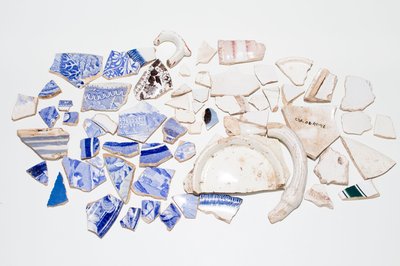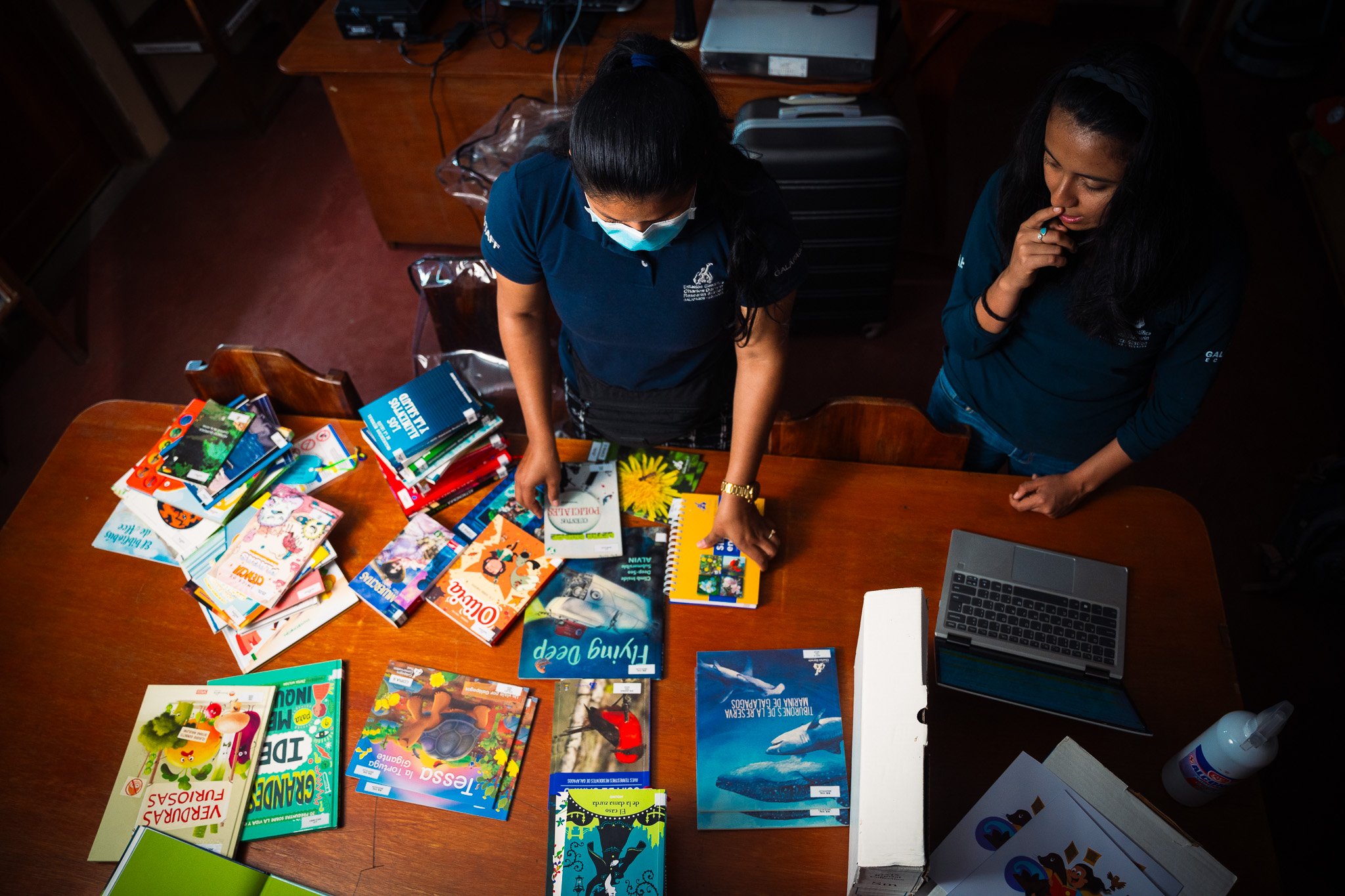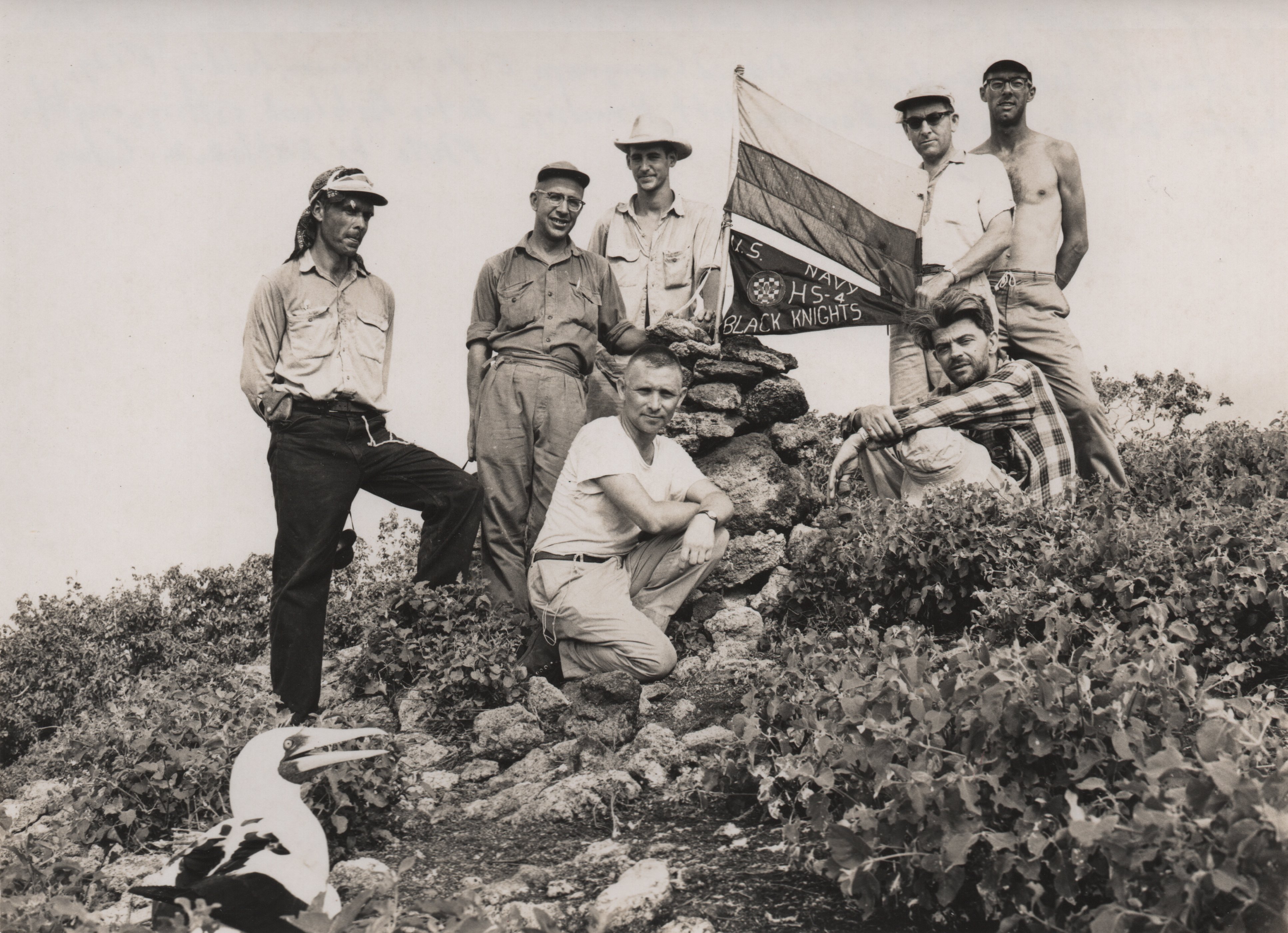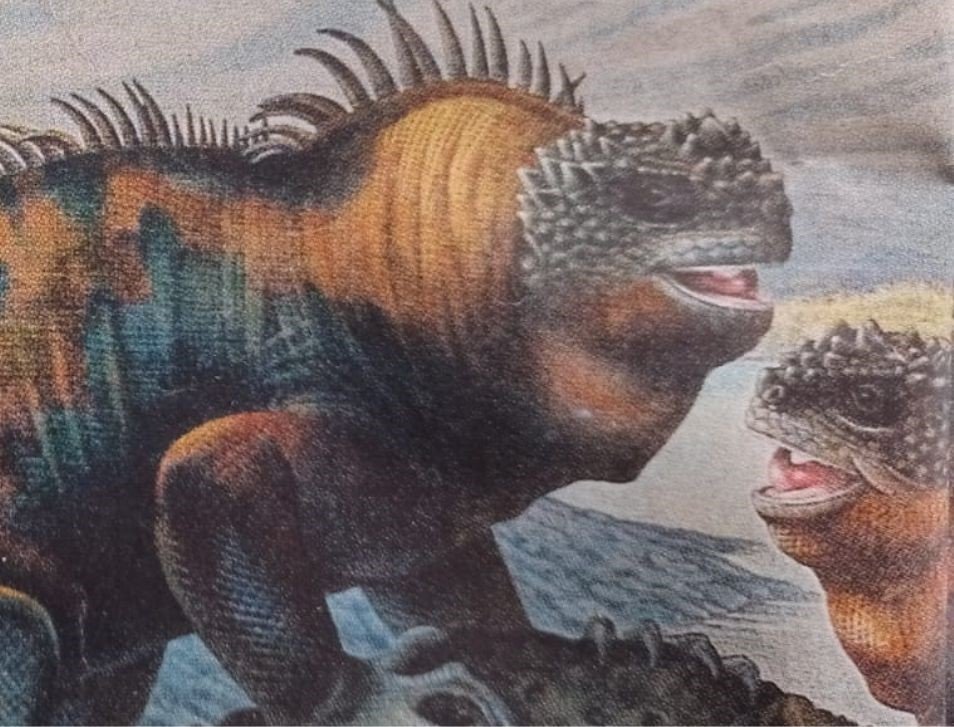Public Library
Not just your average library, the Charles Darwin Foundation (CDF) Library, Archive and Museum at our campus features three unique spaces dedicated to the management of knowledge and memory: written and audiovisual documents, archival materials, and archaeological and historical artifacts. There is something for everyone - from scientific to fictional, for the scientist or a student.
To protect and ensure the conservation of these valuable artifacts managed by the CDF, and due to the environmental conditions in the Galapagos Islands, all the collections are currently organized in spaces with temperature and humidity control, as well as with restricted access.
G. T. Corley Smith Library
Open to the public, the G. T. Corley Smith Library (Library) houses the bibliographic collections of the CDF, and welcomes all visitors who want to learn more about natural sciences, especially those carried out in Galapagos.
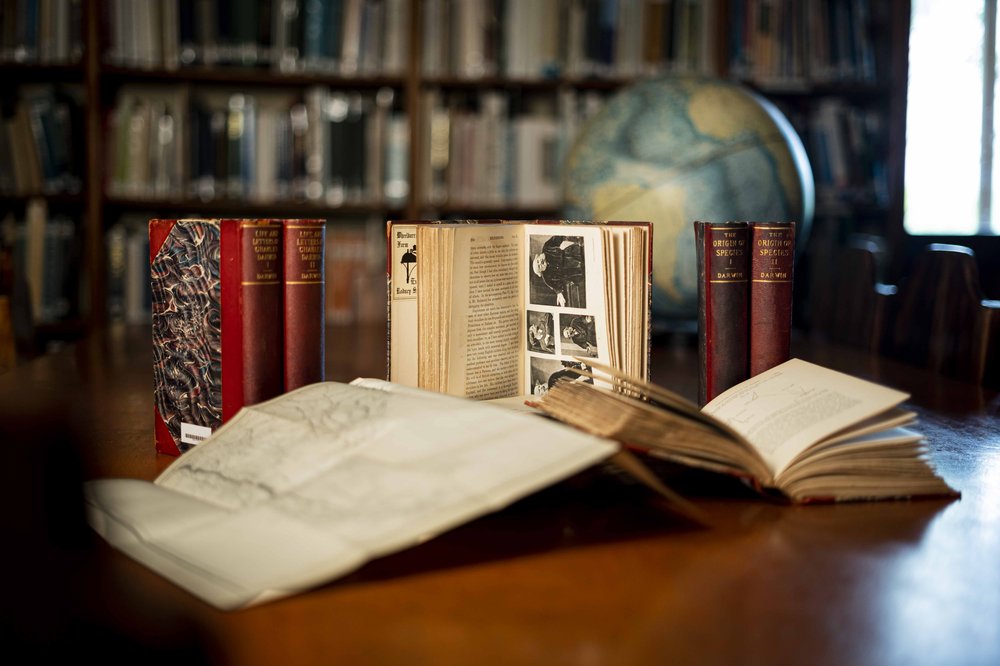
The general collection of the Library consists of textbooks and specialized reference texts on exact and natural sciences, with a special emphasis on ecology, conservation and biology. It also includes:
- A specialized newspaper library.
- A reference section.
- The Darwin collection (texts by and about the distinguished scientist).
- Four specialized collections which collect much of the scientific knowledge produced on the natural environment of Galapagos, along with the history of the CDF.
All of these are cataloged online:
The Library is not just a space with books. In addition to keeping our bibliographic database up to date, and offering a specialized search, loan and reference service, we have actively promoted reading as a form of leisure by significantly expanding our collection of fiction. At the same time, we have organized a series of activities to support scholarly writing and outreach.
Archives
Our Archives comprise of a textual, and an audiovisual and special materials sections. Between them they comprise tens of thousands of images, drawings, maps, administrative papers, field notebooks, and unique manuscript copies, produced by some of the many researchers who have worked at the CDRS.
Textual archive
The documentary archive contains the old newspaper library (academic journals from the period 1930-2000), architectural plans, a map repository, varied research, historical and educational documents, and CDF administrative files.
Audiovisual and special materials archive
This archive includes photographs and slides, films, sound recordings, illustrations, posters, brochures, maps, diskettes, CDs, DVDs, and other documents and objects.
The Archive and Museographic Collection currently is under cataloguing and inventory process, thus not always available for researchers interested in their usage. However, digital publication where access to some of the already curated materials are available at this site:
Museographic Collection
The Museographic Collection seeks to recover and conserve archaeological artifacts, and pieces of historical and cultural value of the Galapagos.
Since 2019, to mark the 60th anniversary of the CDF’s founding, a comprehensive process to recover its historical memory began. This effort has included compiling personal documents from scientists who worked in Galapagos at different times, as well as preserving furniture, scientific equipment, field materials, and other items of heritage value.
Similar to the Archive, access to the Museum collections remains restricted due to the technical processes required to ensure the proper preservation of these assets. Without a doubt, this collection represents a fundamental contribution to the history of science and to understanding the islands’ past. For access, please contact us:
